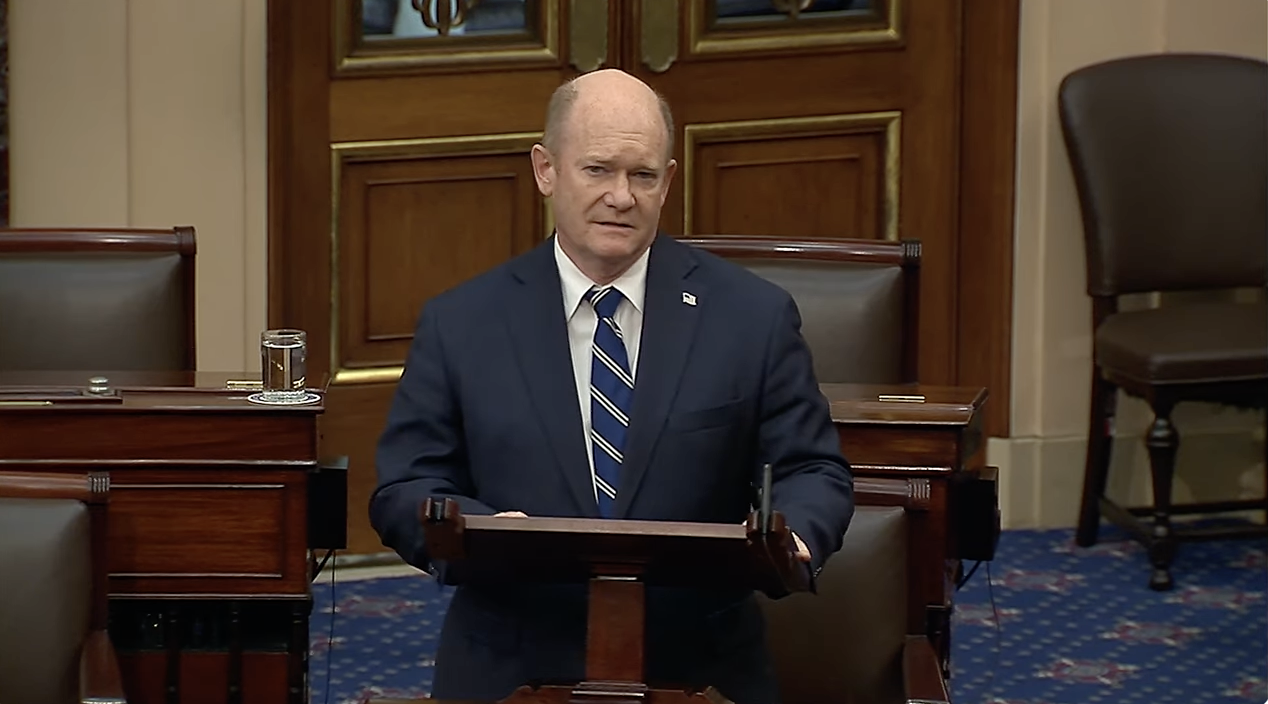President Donald Trump has nominated law professor Jennifer Mascott to the U.S. Court of Appeals for the Third Circuit, a move that has drawn criticism from some Democratic senators, particularly Chris Coons of Delaware. Mascott, currently a White House attorney and a professor at Catholic University in Washington, D.C., is expected to be based in Delaware, despite not residing there at present.
Critics argue that Mascott’s nomination is inappropriate due to her lack of residency in Delaware, a claim that supporters dismiss as unfounded. They point out that it is not uncommon for judicial nominees to be appointed to positions in states where they do not have direct professional ties.
“The complaints about Mascott’s nomination should be dismissed as out of hand,” said a source familiar with the nomination process. “Senator Coons himself ignored similar concerns when it came to nominees under President Biden.”
Traditionally, U.S. Courts of Appeals are associated with specific states, but federal law only mandates that each state must have at least one circuit judge. Delaware, in fact, has a higher representation in the Third Circuit than some neighboring states, leading some to argue that the state should be grateful that the seat was not allocated to New Jersey.
Historical precedents support the notion that residency is not a strict requirement for judicial nominations. For instance, Judge Julie Rikelman was appointed to the First Circuit in Boston despite having minimal connections to Massachusetts. At the time of her nomination, Rikelman was based in New York City, working at the Center for Reproductive Rights.
Rikelman’s case illustrates the flexibility often exercised in judicial appointments. “Her Senate questionnaire highlighted various internships in Massachusetts, which seemed to satisfy the senators’ concerns,” noted a legal analyst.
Another example is Ryan Park, who was nominated to the Fourth Circuit in North Carolina. Park, who was the Solicitor General of North Carolina at the time, faced opposition from Senator Thom Tillis, R-N.C., who argued that Park was a “patently partisan” nominee. Tillis sought support from Democratic senators to block Park’s nomination, but Coons did not align with him.
Coons has been criticized for his lack of support for Park, especially given that Judge Kent Jordan of Delaware announced his retirement in May 2024, just two months prior to Park’s nomination. Critics argue that Coons should have backed Tillis to ensure a more favorable nominee for Delaware.
“Coons will regret his vote for Park, and he may regret it a lot sooner than he thinks,” said Senate Minority Leader Mitch McConnell, R-Ky., highlighting the potential political ramifications of Coons’ actions.
As the nomination process unfolds, Senate Republicans are advised to consider Coons’ previous stance on judicial nominations when evaluating his current objections to Mascott. The political landscape surrounding judicial appointments remains contentious, with both sides preparing for a potential battle over the confirmation process.
The outcome of Mascott’s nomination could set a significant precedent for future judicial appointments, particularly in how residency and state connections are viewed in the context of the nomination process.
The Senate Judiciary Committee is expected to review Mascott’s nomination in the coming weeks, with discussions likely to focus on the implications of her appointment and the broader context of judicial nominations under both Democratic and Republican administrations.
READ ICE Arrests Convicted Criminals in Nationwide Operation



